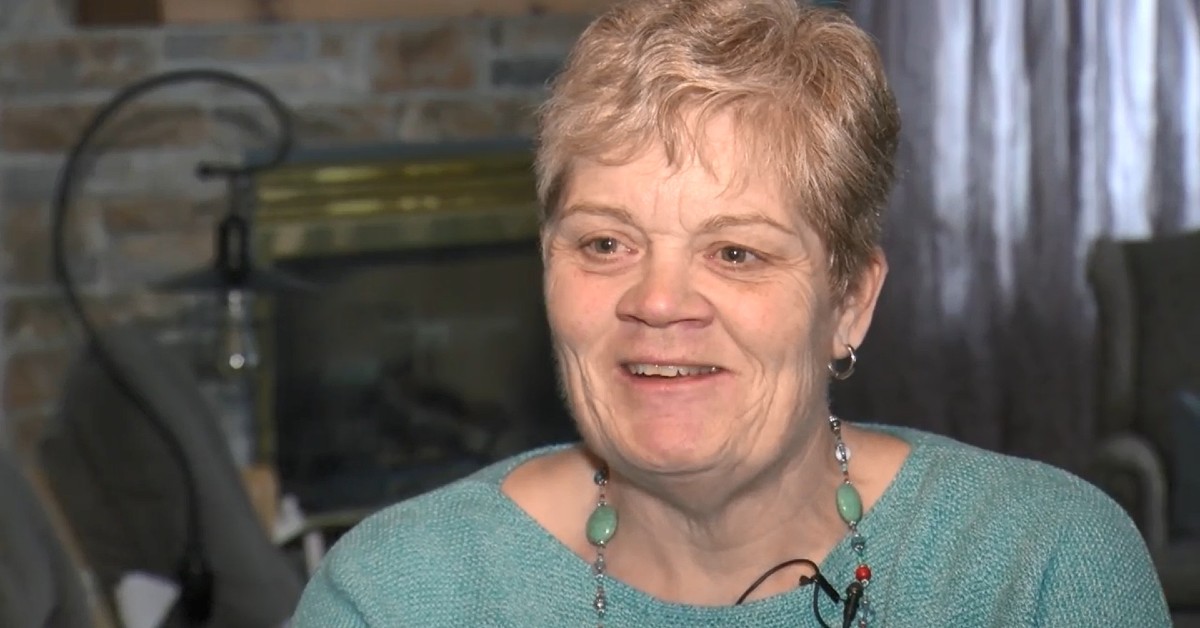It shouldn’t have been a surprise, but Barbara Uhl was surprised nonetheless.
“I woke up that morning about 6 o’clock and my heart was, like, quivering,” she says.
A quivering heart is a tell-tale sign of atrial fibrillation, or AFib, the most common type of heart arrythmia. AFib occurs when the heart’s upper and lower chambers aren’t coordinated, causing the heart to beat too quickly, too slowly or irregularly.
It shouldn’t have been a surprise. Uhl, who is in her 60s, has a family history of AFib.
“I waited too long,” she says, “but I kept thinking ‘It’s going to quit, it’s going to quit.’ And it didn’t.”
Uhl went from her home in Crivitz to Aurora BayCare Medical Center in Green Bay, where Dr. Prabhpreet Singh, a cardiac electrophysiologist with Aurora BayCare Cardiology, performed a cardiac ablation procedure to restore her heart’s natural rhythm.
Singh isn’t surprised that Uhl shrugged off her symptoms. Lots of people do.
“Many patients just blame it on getting older and they dismiss it and lo and behold they have atrial fibrillation,” he says.
Symptoms can include an irregular heartbeat, heart palpitations, lightheadedness, extreme fatigue, shortness of breath or chest pain.
“AFib is not life-threatening, but what can happen can be life-threatening,” Singh says. Most significantly, AFib increases the risk of stroke, causing about 1 in 7 strokes.
Uhl’s family history of AFib increased the likelihood of her getting it at a younger age than most people. However, lifestyle choices – smoking, moderate to heavy alcohol use, diabetes, high blood pressure and obesity – pose the most common risks for AFib.
An estimated 12 million people in the United States will have AFib in 2030, according to the federal Centers of Disease Control and Prevention. More women than men experience AFib, mostly because they live longer.
“The vast majority of patients we see in clinic are older than 65,” Singh says. Annual cardiac screenings are recommended for people over 65, he adds.
Today, Uhl wears a heart monitor to keep track of her heart’s rhythm. She also eats healthier and is more active.
“You’ve got to listen to your body, and if there’s family history, you need to listen to it that much more,” Uhl says.
